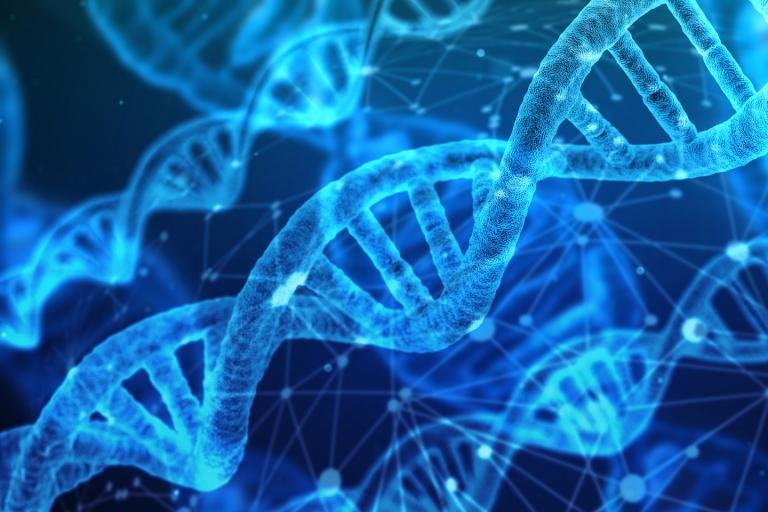A study found more than 80 percent of people with an identifiable genetic risk for breast, ovarian, prostate and pancreatic cancer are unaware of the situation. Image by
geralt/pixabay
Sept. 24 (UPI) -- More than 80 percent of people with an identifiable genetic risk for breast, ovarian, prostate and pancreatic cancer are unaware of the situation, according to a study.
Because of the absence of routine screening, most only discover they carry cancer-associated variants in the BRCA1 or BRCA2 genes when they or family members receive a cancer diagnosis.
The study, which included 50,726 men and women who were screened at the Geisinger Medical Center in Danville, Pa., between 2014 and 2016, was published Friday in the Journal of the American Medication Association's Network Open.
"As a colleague said, it usually takes a tragedy for people to get tested," Dr. Michael Murray, a professor of genetics at Yale School of Medicine and senior author of the new study, said in a press release. "Our reliance on a documented personal or family history as a trigger to offer testing is not working. Hopefully one day, we can change that with effective DNA-based screening for everyone."
Clinical testing for pathogenic variants in the BRCA1 and BRCA2 gene became available in 1995. The Affordable Care Act requires that insurance companies cover tests recommended by the U.S. Preventive Services Task Force, which includes BRCA counseling and testing for people at a high risk of carrying a BRCA mutation because of their family history.
In March, the U.S. Food and Drug Administration approved 23andMe's home test to detect three breast cancer mutations most common in people of Eastern European Jewish descent. The BRCA1/BRCA2 hereditary mutations are found in about 2 percent of Ashkenazi Jewish women.
Between 55 percent and 65 percent of women who inherit a BRCA1 mutation and about 45 percent of women who inherit a BRCA2 mutation will be diagnosed with breast cancer by age 70, according to an analysis of previous studies.
With ovarian cancer, 39 percent who carry a BRCA1 and 11 percent to 17 percent with a BRCA2 mutation will have a diagnosis by age 70. In contrast, about 1.3 percent of women in the general population will be diagnosed with ovarian cancer.
In the new study, 99.5 percent of participants, who had a mean age of 60, had no expected pathogenic variants.
A total of 267 of those screened possessed a BRCA risk variant, but only 18 percent of them were aware they possessed the cancer risk factor before the study. The breakdown was 35.6 percent with BRCA1 variants and 64.4 percent with BRCA2 variants.
Among those that are BRCA-positive patients, 16.8 percent had a BRCA associated cancer.
Among women, 20.9 percent of 148 variant carriers had a personal history of breast cancer compared with 5.2 percent of 29,880 noncarriers. Ovarian cancer history was present in 10.1 percent the variant carriers and in 0.6 percent variant noncarriers.
"These findings suggest that genomic screening may identify BRCA1/2-associated cancer risk that might otherwise remain undetected within healthcare systems and may provide opportunities to reduce morbidity and mortality in patients," the authors wrote.
In the group of 23 BRCA positive patients who had died before the study ended, 47.8 percent of them had a BRCA-associated cancer.
"Once risk is identified, we can apply proven tools for early diagnosis and prevention and we believe that the 31 percent difference in cancer incidence in these two groups is a window into an opportunity to decrease cancer and cancer deaths through genomic screening approaches," Murray said.















